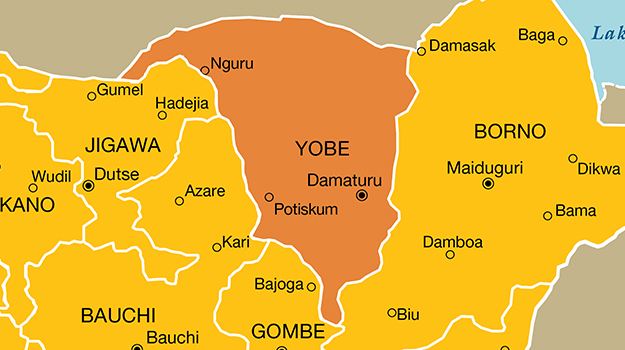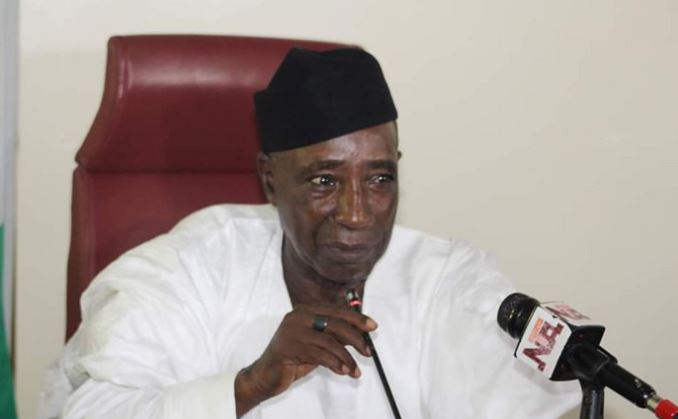The Yobe government says it has adopted the Child Rights Act but is awaiting assent by Mai Mala Buni, the state governor.
As of October 2020, Yobe was one of 11 states yet to domesticate the Child Rights Act.
Speaking during a ministerial briefing to commemorate the governor’s second year in office, Saleh Samanja, Yobe commissioner for justice, said the law will help the administration of criminal justice in the state.
“It should be noted that one of the greatest achievements of this administration is coming into force of administration of criminal justice law in Yobe,” he said.
Advertisement
“By this, Yobe has joined comity of states that have passed such law into force. The advantage of having such laws is that cases are now being disposed of in good time.
“It also helps to decongest our prisons as criminal cases are now being disposed of within reasonable time
“We have also discovered that lately, we have witnessed an upsurge in rape and other gender-based offences. Towards this, we produced a standard operating procedure for the prosecution of rape and other gender-based offences.
Advertisement
“This standard operating procedure has greatly helped in the investigation and prosecuting of such rape cases.”
The commissioner also said the Violence Against Persons (Prohibition) Act (VAPP) has been passed into law and is now awaiting the assent of the governor.
Nigeria adopted the Child Rights Act in 2003, giving legal consent to both the United Nations Convention on the Rights of the Child and the African Charter on the Rights and Welfare of the Child.
With Yobe’s recent move, 10 northern states in Nigeria are yet to pass a child rights law — the states are Bauchi, Kano, Sokoto, Adamawa, Borno, Zamfara, Gombe, Katsina, Kebbi, and Jigawa.
Advertisement
Add a comment






